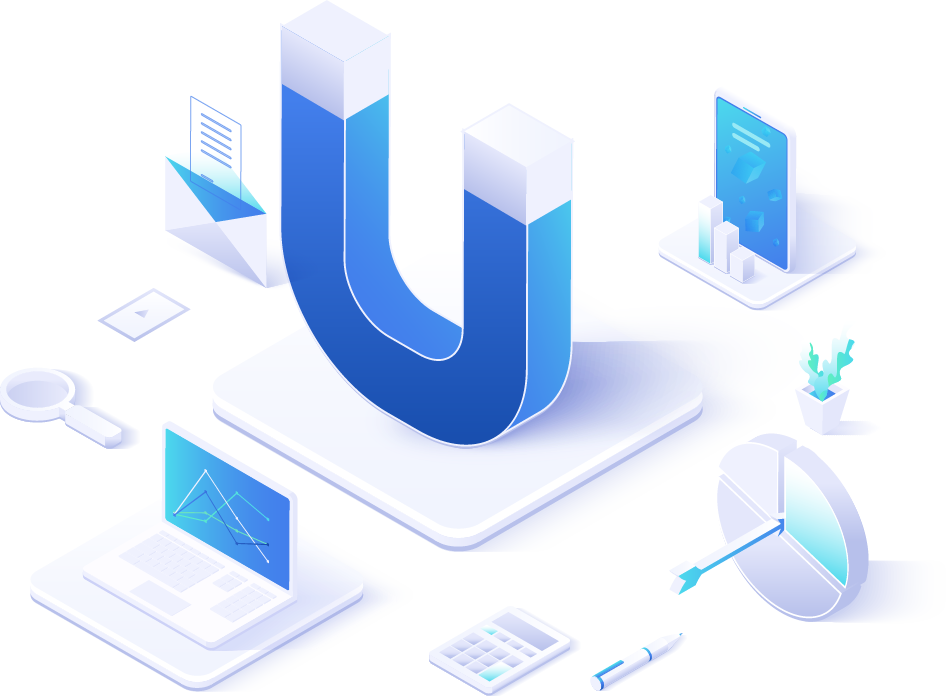In today’s competitive business landscape, marketing teams are under immense pressure to deliver measurable results. From generating leads to nurturing prospects, marketing strategies are becoming increasingly complex. Managing these processes manually is not only time-consuming but also limits the effectiveness of campaigns. This is where marketing automation tools come in.
Marketing automation allows businesses to streamline repetitive tasks, personalize customer interactions, and analyze performance data, all while driving higher return on investment (ROI). In this article, we’ll explore how marketing automation tools can transform your marketing efforts, improve ROI, and provide actionable strategies for successful implementation.
The Growing Importance of Marketing Automation
Marketing automation has become a must-have for businesses looking to scale their marketing efforts efficiently. According to recent reports, companies using marketing automation see a 14.5% increase in sales productivity and a 12.2% reduction in marketing overhead costs. These numbers highlight the tangible impact that automation can have on ROI.
Beyond cost savings, automation enhances customer engagement by enabling personalized marketing. For instance, an e-commerce business can use automation to send tailored product recommendations based on a customer’s browsing history. Similarly, B2B companies can automate lead nurturing workflows to deliver relevant content at every stage of the buyer’s journey.
With the rise of cloud-native technologies, marketing automation tools have become more powerful than ever. Features like real-time analytics, event-driven workflows, and serverless computing allow businesses to execute campaigns at scale without compromising performance.
Common Challenges in Marketing Without Automation
Before diving into the benefits of marketing automation, it’s essential to understand the challenges businesses face when relying on manual processes:
- Inefficient Lead Tracking and Nurturing
Manually tracking leads through various stages of the sales funnel is prone to errors and delays. This often results in missed opportunities to engage with potential customers at the right time.
- Difficulty Scaling Campaigns
As your audience grows, managing personalized campaigns for thousands (or millions) of users becomes nearly impossible without automation. This limits your ability to scale effectively.
- Limited Visibility into Performance Metrics
Without automation, tracking campaign performance and ROI requires significant manual effort. This lack of visibility makes it challenging to optimize strategies for better results.
These challenges highlight the need for marketing automation tools to streamline workflows and deliver actionable insights.
How Marketing Automation Drives ROI
Marketing automation tools help businesses maximize ROI by addressing the challenges mentioned above. Here’s how:
- Streamlining Repetitive Tasks
Automation eliminates the need for manual execution of repetitive tasks, such as sending follow-up emails or scheduling social media posts. This frees up valuable time for marketers to focus on strategy and creative work.
- Personalizing Marketing Campaigns
With automation, businesses can deliver personalized messages at scale. For example, an email campaign can dynamically insert a recipient’s name, location, and preferences to create a more engaging experience.
- Analyzing and Optimizing Campaigns
Modern automation tools provide in-depth analytics that track key performance metrics, such as open rates, click-through rates, and conversion rates. These insights enable businesses to optimize campaigns for better results.
Automation allows businesses to set up workflows that nurture leads through the sales funnel. For instance, a B2B company can use lead scoring to prioritize high-value prospects and trigger personalized follow-ups.
Best Practices for Implementing Marketing Automation
To fully leverage the benefits of marketing automation, businesses must follow best practices:
- Define Clear Goals and KPIs
Start by identifying what you want to achieve with automation, whether it’s increasing lead conversion rates, improving email engagement, or reducing customer acquisition costs. Set measurable KPIs to track progress.
- Choose the Right Automation Platform
Select a marketing automation tool that aligns with your business needs. Popular options include HubSpot, Marketo, and ActiveCampaign. Ensure the platform integrates seamlessly with your existing systems, such as your CRM and analytics tools.
- Leverage Event-Driven Workflows
Use event-driven architectures to trigger real-time actions based on user behavior. For example, if a user abandons their shopping cart, an automated email can be sent to remind them of their incomplete purchase.
Equip your marketing team with the knowledge and skills to use automation tools effectively. Provide training on setting up workflows, analyzing data, and optimizing campaigns.
- Continuously Monitor and Optimize
Marketing automation is not a set-it-and-forget-it solution. Regularly analyze campaign performance and make adjustments to improve results. Use A/B testing to identify what works best for your audience.
Real-World Use Cases of Marketing Automation
Marketing automation is transforming industries across the board. Here are some examples:
- E-Commerce
- An online retailer uses marketing automation to send personalized product recommendations, abandoned cart recovery emails, and post-purchase follow-ups. This strategy significantly boosts customer retention and sales.
- B2B Sales
A SaaS company automates its lead nurturing process by setting up workflows that deliver educational content, case studies, and product demos based on a lead’s engagement level.
- Media and Content Platforms
A content platform leverages automation to segment its audience and recommend articles, videos, or podcasts based on user preferences and viewing history.
Conclusion
Marketing automation tools are indispensable for businesses looking to maximize ROI and scale their marketing efforts efficiently. By automating repetitive tasks, personalizing campaigns, and providing actionable insights, these tools empower businesses to achieve their marketing goals while saving time and resources.
At CogniXsoft, we specialize in helping businesses implement scalable, cloud-native marketing automation solutions. With expertise in microservices integration, serverless architecture, and real-time event-driven systems, we deliver tailored solutions that drive results. Contact us today to learn how we can help you harness the power of marketing automation for your business.



